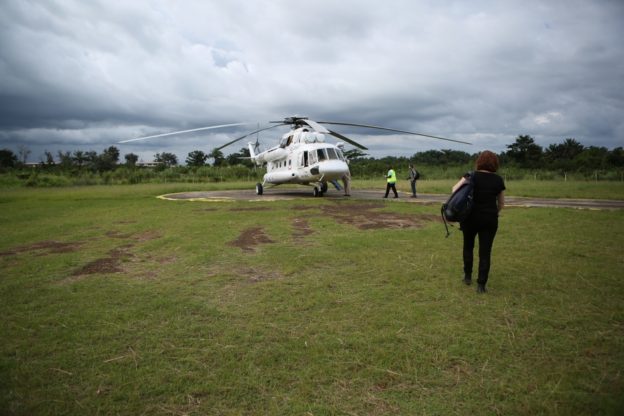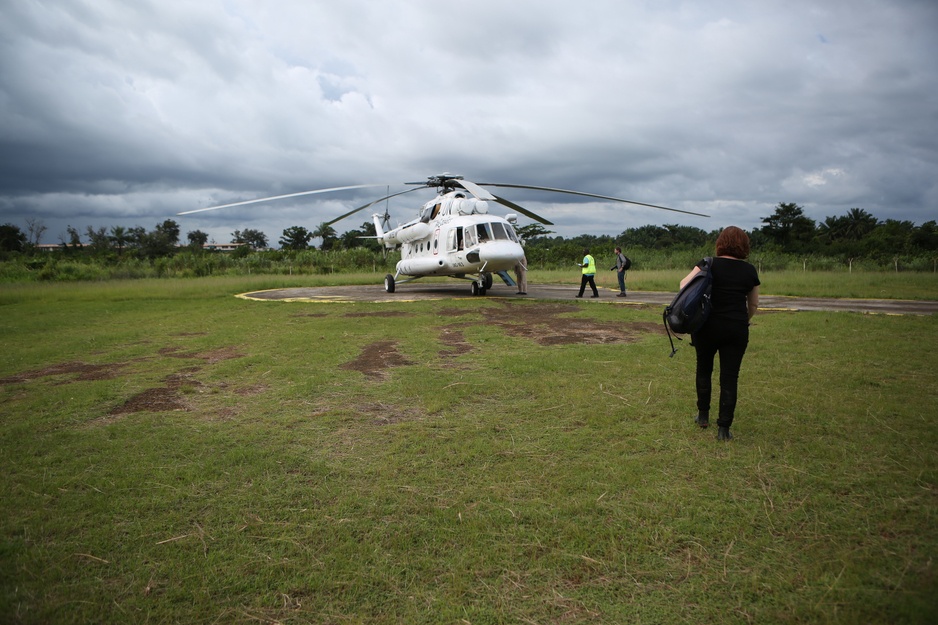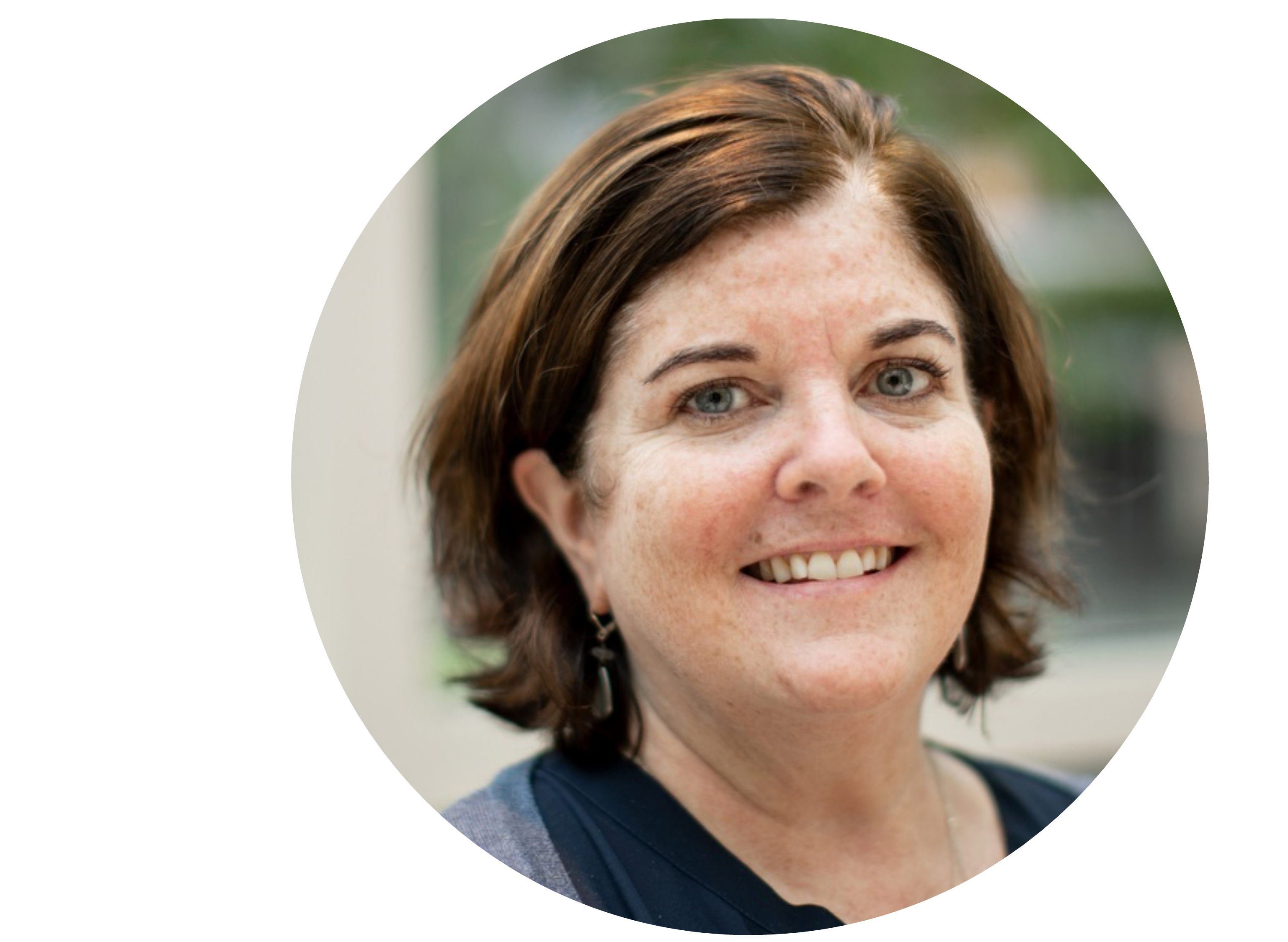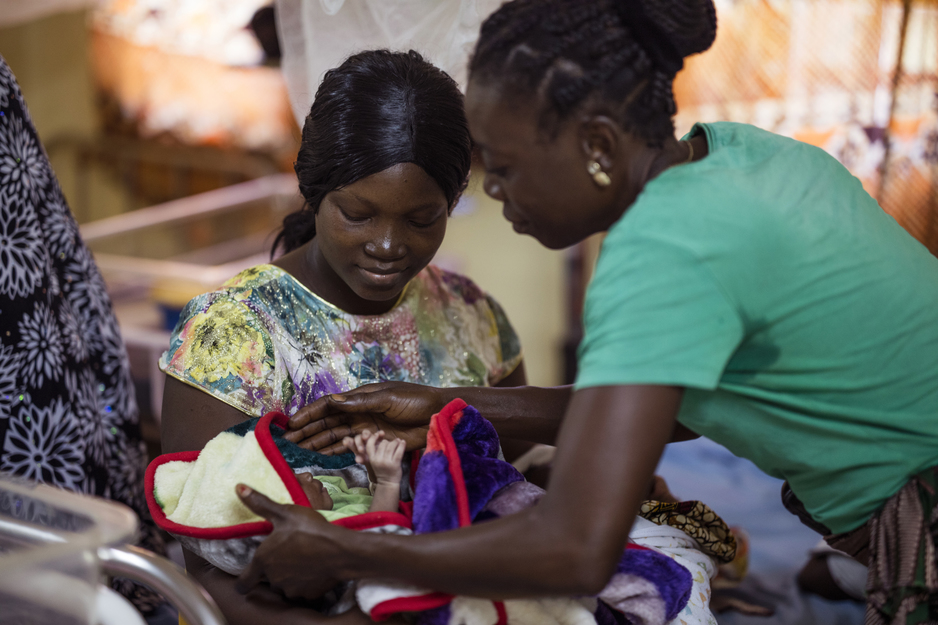Reflecting on 5-Year Anniversary of the Ebola Outbreak in West Africa



By Dr. Sheila Davis
Chief Executive Officer
Partners In Health
It has been five years since I went to Liberia and Sierra Leone to launch Partners In Health’s Ebola response. The memories from that first trip are very vivid. I remember sitting on empty planes arriving to airports, where most people were trying to leave the countries. I remember repeated temperature screenings in and out of every place we went, including along the roadways when we would need to get out of our car and line up to get our temperature checked before piling back in. I still have a pair of pants from those days with bleach stains up and down the legs, as we had to step in pans of bleach every time we went in buildings. And then there was the endless handwashing.
It was a challenging time organizationally, as this was the first time we were entering two new countries to respond to a disaster of epic proportions. PIH responds to crises—acute and chronic—in every place we work: the tragic Haiti earthquake almost 10 years ago, hurricanes, floods, fires, cholera outbreaks, and the omnipresent crisis of devastating poverty. The decision to respond to Ebola was not a moral dilemma; we knew we could provide help and ease suffering. But the logistical challenges of setting up operations in two new countries simultaneously was another story.
“The decision to respond to Ebola was not a moral dilemma; we knew we could provide help and ease suffering.”
I remember every PIH country site offering to send staff and provide operational support, although all sites run with not enough of their own staff on a daily basis. It was never a question that we should go and that everyone would pick up the slack, as many staff were needed immediately to provide logistics, operational, and on-the-ground support. The sense of solidarity that staff throughout all PIH sites showed to people they have never met, in places they have never been—that’s what was and remains the most compelling part of the PIH community.
In Liberia, we were asked by the Ministry of Health to work in four of the southernmost counties, where there was limited access to any care, and the distances between sites on very difficult roads proved nearly impossible. We set up Ebola screening units and began working immediately to strengthen and rebuild the shattered health system. We remain in Maryland County today, home to J.J. Dossen Hospital and Pleebo Health Center. These facilities have transformed from empty, broken buildings with few—if any—staff, to bustling places full of clinicians, staff, and patients. They are also home to lifesaving surgeries and innovative community programs addressing mental illness and maternal and child health. Together with the government, we revitalized the entire country’s multidrug-resistant tuberculosis program, and patients now have access to care in a safe, dignified facility with expert clinicians.
In Sierra Leone, we had planned to work in Kono District, where our sister organization Wellbody Alliance had been for a number of years. Instead, we were asked to go to Port Loko, the hotspot of the epidemic. True to our mission of partnering with the public sector, we joined the Ministry of Health in providing care at the Maforki Ebola Treatment Unit. We saved thousands of lives through the care delivered by PIH in partnership with the government in very difficult circumstances in the ETU, in community care clinics, and at Princess Christian Maternity Hospital—the high-risk hospital in Freetown, where women were dying in the parking lot. During our efforts, we hired more than 900 Ebola survivors to become part of our staff as community health and outreach workers and in all other aspects of our work.

We have remained in Sierra Leone, and now the once empty Koidu General Hospital is thriving and serving more than 500,000 people in Kono District. We are focusing on reducing maternal mortality by building a comprehensive maternal center of excellence, and have transformed the mental health hospital in Freetown. Just as in Liberia, we’ve brought our expertise from other PIH sites to tackle MDR-TB and provided the first comprehensive care for patients ever available in Sierra Leone.
When I visit West Africa now in my current position as CEO, I will see the amazing influences of Haiti, Rwanda, Malawi, and all PIH sites. If Ebola were to strike again in the places we work, I know that the outcome would be very different because of our past six years of experience in Liberia and Sierra Leone. We responded to a disaster, and we stayed. Our mission of responding to human suffering and providing quality health care for all is what connects us throughout the world, and what will sustain us moving forward.
Article originally posted on pih.org



